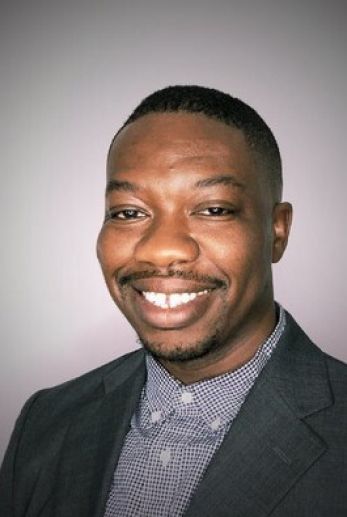Transformation 
 Refined
Refined


Focused on people. Powering organizations.


Sustained Excellence
Advance your organization
At LaMarsh, we believe enduring success hinges on collective, thoughtful development. We help you strengthen your organization on projects ranging from digital transformation to meaningful structural and cultural initiatives. Our team guides you through every step of the process.
We let the numbers do the talking
Empowering Change Through Interactive Workshops
Transformative Talent
From executive leaders to change management practitioners, our talent allows you to build the right team. LaMarsh offers a broad range of solutions and provides support at all levels of your organization.

B.J. McComas
CEO of La Marsh
LaMarsh Global has the tools, experience and background to provide the concepts, context and stories of how to deploy change management and the issues you might face.

B.J. McComas
CEO of La Marsh
LaMarsh Global has the tools, experience and background to provide the concepts, context and stories of how to deploy change management and the issues you might face.

B.J. McComas
CEO of La Marsh
LaMarsh Global has the tools, experience and background to provide the concepts, context and stories of how to deploy change management and the issues you might face.

B.J. McComas
CEO of La Marsh
LaMarsh Global has the tools, experience and background to provide the concepts, context and stories of how to deploy change management and the issues you might face.
